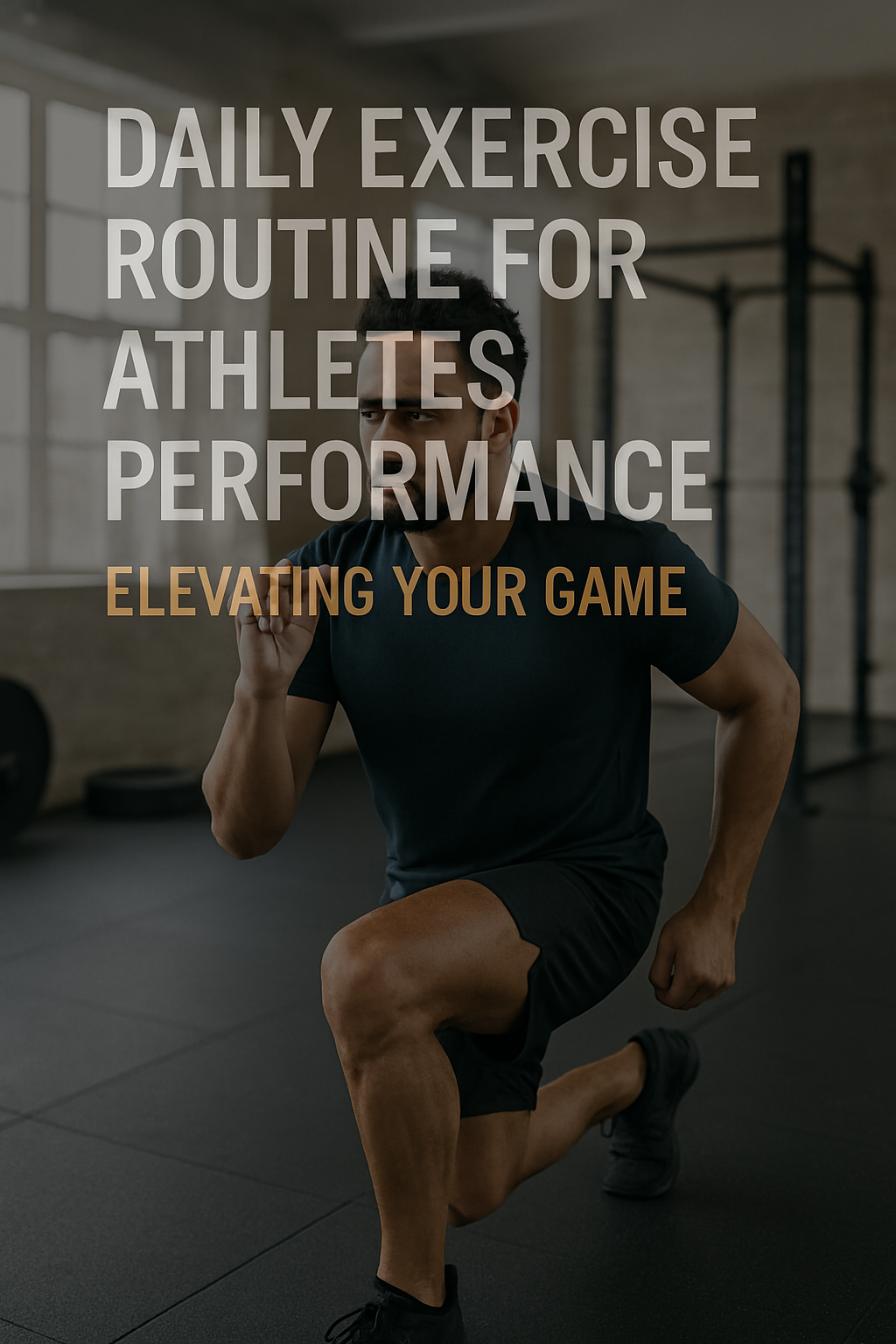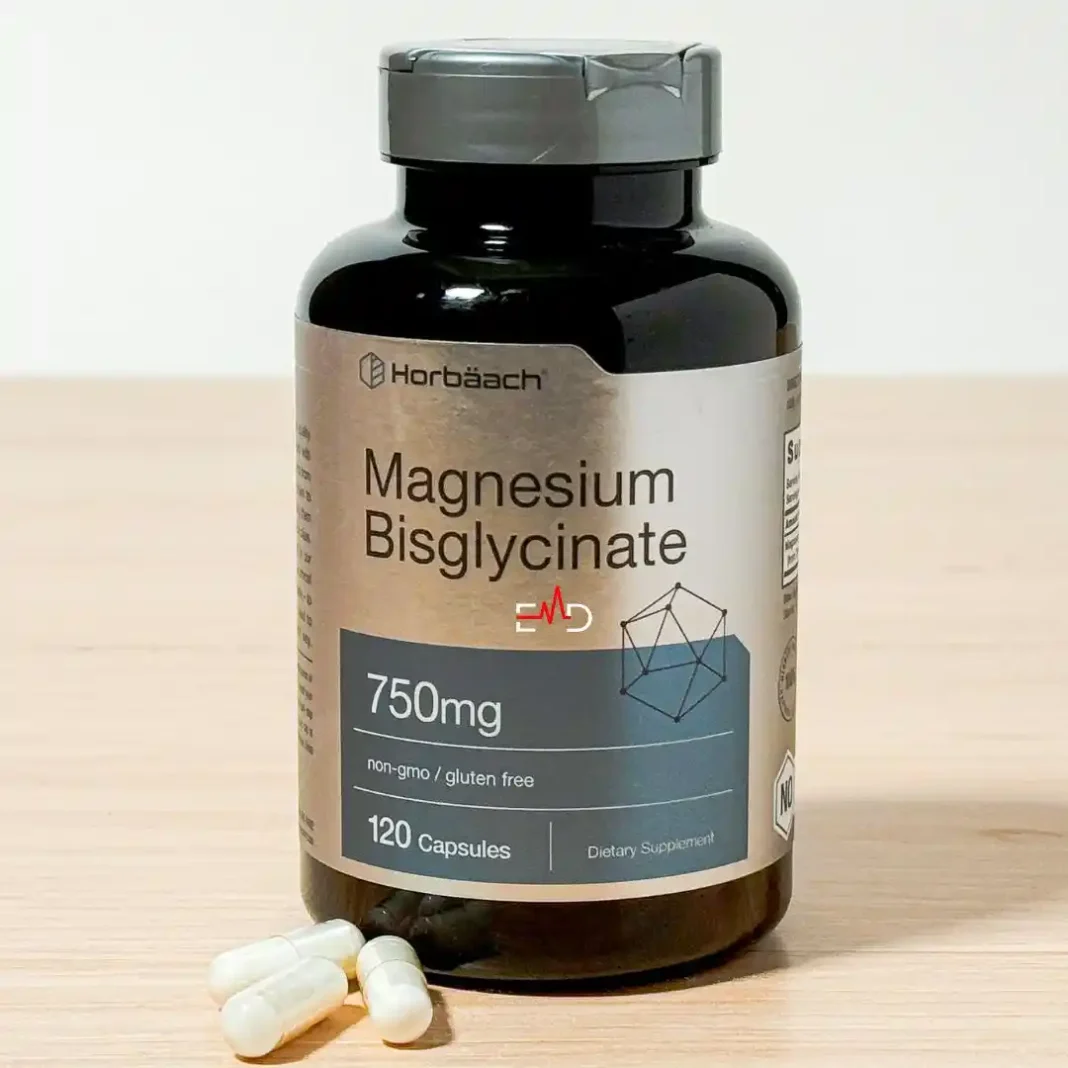Exercise Daily – When it comes to achieving peak athletic performance, nutrition plays a crucial role. Whether you are a seasoned professional or a young athlete, fueling your body with the right nutrients can have a significant impact on your ability to perform. Nutrition is a vital component that directly influences endurance, recovery, and overall sport performance. Let’s dive into how athletes can boost their performance through good nutrition, hydration, and the right balance of macronutrients and supplements.
What is Sports Nutrition and Why is it Important?
Sports nutrition refers to the nutrition practices that are specifically tailored for athletes to help optimize their athletic performance. It is not just about eating right; it’s about fueling your body with the nutrients it needs to support intense physical activity. Proper sports nutrition ensures that your body gets the right balance of carbohydrates, proteins, fats, vitamins, and minerals necessary for energy production, muscle repair, and overall health.
Athletes need nutrition that supports their training goals, improves performance during competition, and aids in recovery. Nutrition can help with muscle growth, enhance endurance, and ensure that athletes have the energy required to perform at their best. Without the proper diet, even the most skilled athletes may find themselves lacking the energy and endurance needed to compete effectively.
The Role of Hydration in Sports Performance
Hydration is one of the most crucial elements of sports nutrition. It can directly influence an athlete’s ability to perform, especially in endurance sports. Athletes lose fluids through sweat, and failure to replenish these fluids can result in dehydration, leading to a decline in athletic performance.
Why Hydration Matters:
-
Regulation of body temperature: Proper hydration helps maintain a stable body temperature, which is essential during intense physical activity.
-
Nutrient transport: Water is essential for transporting nutrients to cells and removing waste products.
-
Sustaining energy: Dehydration can lead to fatigue, muscle cramps, and decreased endurance, making it harder to sustain peak performance levels.
Young athletes and seasoned professionals alike should stay hydrated before, during, and after their workouts. Water is always a top choice, but for extended periods of activity or intense training, sports drinks containing electrolytes can help replace lost minerals.

Macronutrients: The Fuel for Your Performance
Athletes rely on three primary macronutrients to fuel their bodies: carbohydrates, protein, and fat. Understanding how each of these contributes to performance will help athletes optimize their nutrition plan.
Carbohydrates: The Primary Energy Source
Carbohydrates are the body’s primary source of energy, especially during intense physical activity. Whether you are sprinting, cycling, or swimming, your body relies heavily on carbohydrates for quick energy. Complex carbohydrates, such as whole grains, vegetables, and legumes, provide a steady supply of energy, making them ideal for athletes who need sustained performance.
-
Benefits: Carbs replenish glycogen stores in muscles, which are your body’s immediate source of energy.
-
Sources: Brown rice, quinoa, oats, fruits, and vegetables are excellent sources of carbohydrates that can provide lasting energy during a workout.
Protein: Building and Repairing Muscles
Protein is essential for muscle recovery, growth, and repair. After a workout, your muscles undergo stress and tiny tears, and protein helps rebuild them stronger. Consuming the right amount of protein helps prevent muscle loss and supports muscle mass growth.
-
Sources: Lean meats like chicken, turkey, and fish are excellent protein sources. Other great options include beans, lentils, tofu, and yogurt.
-
Importance: Protein also helps regulate enzymes and hormones that are involved in the body’s performance and recovery.
Fats: Essential for Endurance
While fats have gotten a bad rap in the past, they are a necessary macronutrient for athletes. Healthy fats provide long-term energy, support cell function, and assist with the absorption of vitamins and minerals. Fats are especially important for endurance athletes who need to maintain energy over a longer period.
-
Sources: Avocados, nuts, seeds, olive oil, and fatty fish like salmon and mackerel are all excellent sources of healthy fats.
Nutrition for Athletes: How to Create the Perfect Eating Plan
A balanced diet is key to boosting sports performance. An athlete’s eating plan should be designed around their training schedule, competition demands, and personal nutrition needs.
Timing of Meals: Fueling for Performance
The timing of your meals can significantly impact your athletic performance. Eating before a workout provides the body with the energy it needs, while eating after helps with recovery.
-
Pre-workout: A meal rich in carbohydrates and a moderate amount of protein is ideal. For example, a whole grain sandwich with lean turkey or a smoothie made with fruits and Greek yogurt.
-
Post-workout: Aim to eat within 30-60 minutes of finishing your workout. This meal should contain both carbohydrates to replenish glycogen and protein to support muscle recovery.
Nutrient-Dense Foods for Optimal Performance
Athletes should prioritize nutrient-dense foods that are high in vitamins and minerals, which help support overall health and performance. Focus on fruits and vegetables, lean proteins, and whole grains. These foods not only fuel the body but also provide the necessary micronutrients that support bone health, immune function, and recovery.

Supplements for Athletes: Do They Really Help?
While a balanced diet should provide most of the nutrients athletes need, supplements can sometimes help fill in the gaps. However, it’s important to remember that supplements should never replace a balanced diet but should be considered an additional tool.
Common Supplements for Athletes:
-
Protein Supplements: For athletes who may struggle to get enough protein through whole foods, protein powders like whey, casein, or plant-based options can provide a convenient way to boost intake.
-
Creatine: Popular among strength athletes, creatine helps improve strength and power output during high-intensity exercise.
-
BCAAs (Branched-Chain Amino Acids): These supplements support muscle recovery and reduce muscle soreness after workouts.
-
Electrolyte Supplements: For athletes engaged in long-duration or high-intensity activity, electrolyte replenishment is key for hydration and muscle function.
Before starting any supplementation regimen, athletes should consult with a healthcare professional or a nutritionist to ensure it aligns with their specific needs and goals.
Sports Drinks: Friend or Foe?
Sports drinks like Gatorade can be beneficial, but only in certain circumstances. These drinks are designed to replace fluids, electrolytes, and carbohydrates lost during exercise. However, not all sports drinks are created equal.
-
When to use: Sports drinks are most effective during prolonged or high-intensity workouts lasting longer than an hour.
-
What to avoid: Many sports drinks are high in sugars and artificial ingredients, which can lead to unwanted weight gain or energy crashes. Opt for drinks with minimal added sugars and natural ingredients when possible.
Special Considerations for Young Athletes
For young athletes, proper nutrition is even more critical as their bodies are still growing and developing. Providing them with the right balance of nutrients supports their growth, training, and overall health.
Young athletes need extra attention to their caloric intake, as their bodies require more energy to sustain both growth and physical activity. A well-balanced eating plan that includes a variety of foods, regular meals, and healthy snacks is essential to support their sport performance and development.
How to Improve Athletic Performance Through Nutrition
To improve athletic performance, athletes must focus on a few key areas:
-
Eating balanced meals regularly to ensure adequate energy levels.
-
Staying hydrated throughout the day, not just during workouts.
-
Getting enough sleep to allow for recovery and muscle growth.
-
Consuming the right macronutrients based on the demands of the sport (e.g., carbs for endurance sports, protein for strength training).
-
Utilizing supplements wisely for an extra performance boost (if needed).
By following these principles and focusing on good nutrition, athletes can expect improvements in their energy levels, endurance, strength, and recovery times.

Conclusion
Proper nutrition is one of the most powerful tools athletes can use to boost their performance. Whether you’re a beginner or a seasoned pro, fueling your body with the right balance of carbohydrates, protein, fats, and hydration is essential for achieving your full potential. By following a well-rounded diet plan and paying attention to nutrient timing, young athletes and professionals alike can enhance their athletic performance, recover faster, and reach their performance goals with greater ease.
FAQs – How to boost sports performance with nutrition
Q: What is the best diet for athletes?
A: A balanced diet consisting of lean proteins, whole grains, healthy fats, and plenty of fruits and vegetables is ideal. Hydration is also crucial, and athletes should focus on nutrient timing around training sessions.
Q: How much protein do athletes need?
A: The amount of protein depends on the athlete’s weight, sport, and goals, but generally, athletes need around 1.2 to 2.0 grams of protein per kilogram of body weight per day.
Q: Can hydration improve athletic performance?
A: Yes, staying hydrated is critical for maintaining energy levels, muscle function, and overall performance. Dehydration can impair endurance, strength, and cognitive function.
Q: Should athletes take supplements?
A: Supplements can be helpful for athletes who struggle to meet their nutritional needs through food alone. However, it’s important to consult with a healthcare professional before adding supplements to your regimen.
Q: How do macronutrients affect sports performance?
A: Carbohydrates provide energy, protein aids in muscle recovery and growth, and fats offer long-term energy. A proper balance of these macronutrients helps athletes perform at their best.




